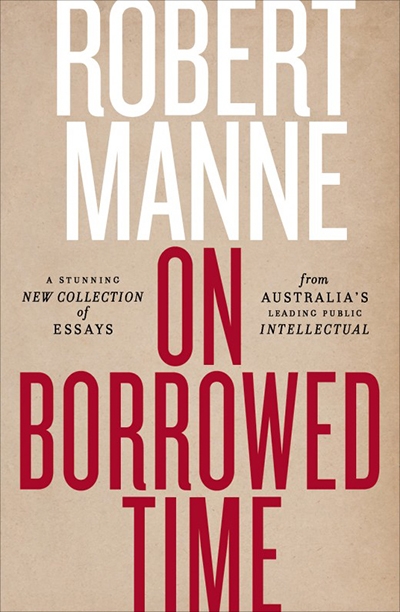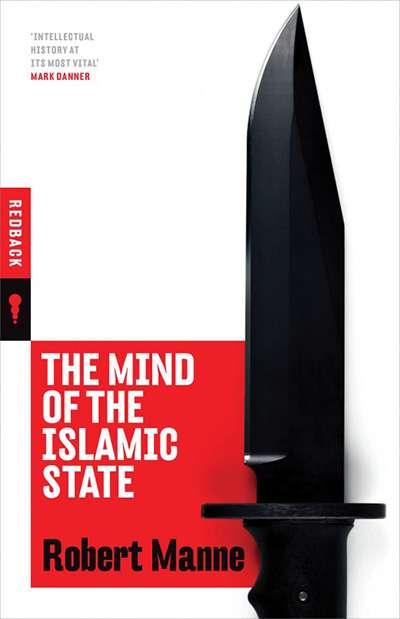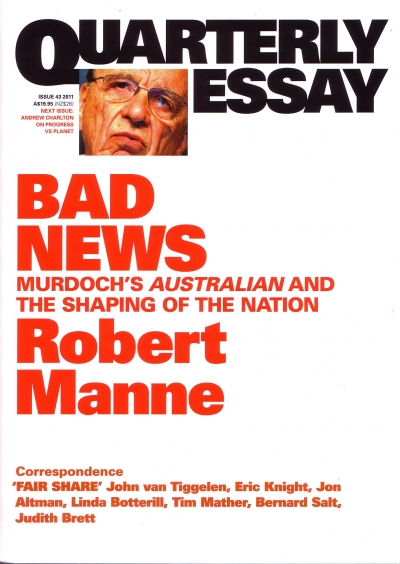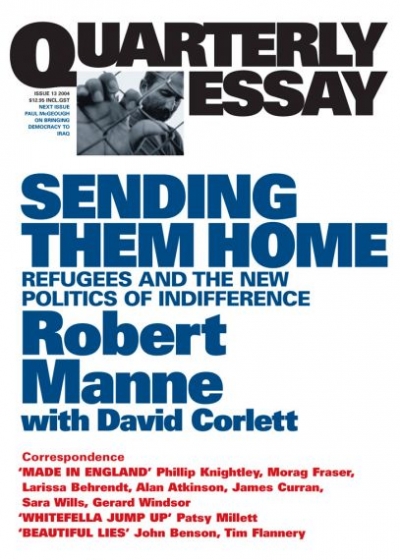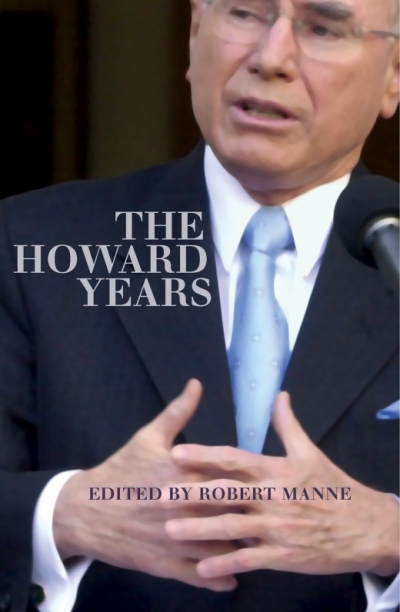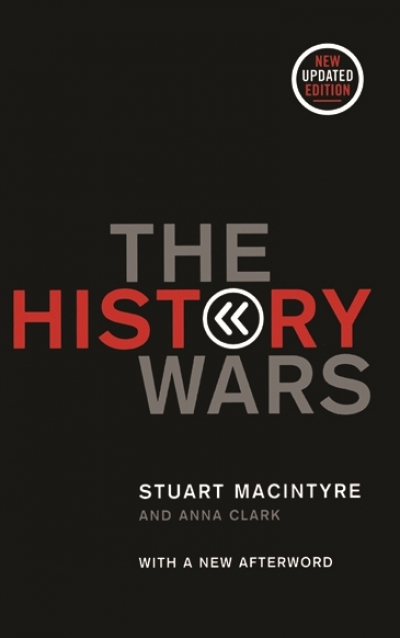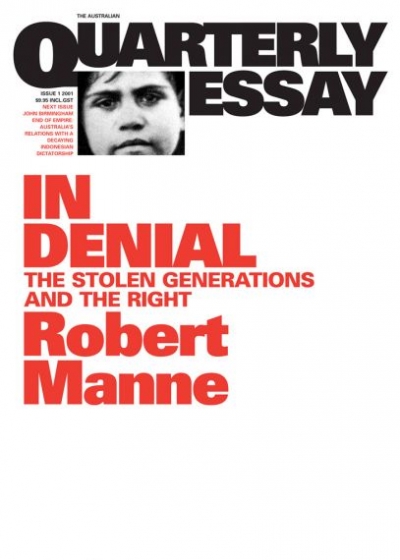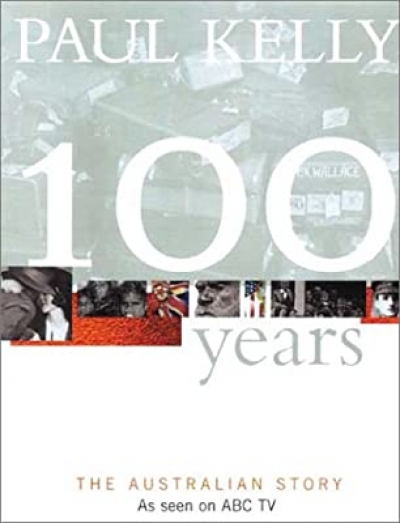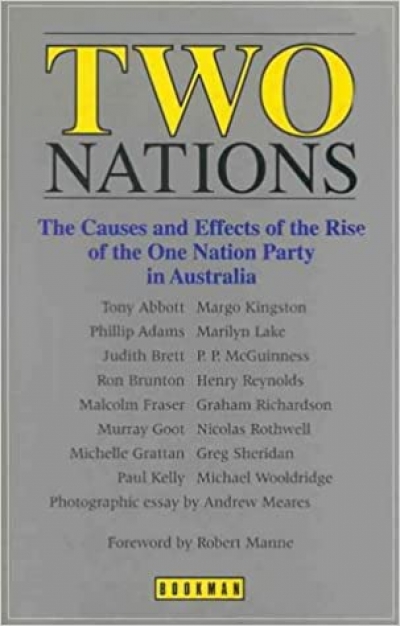Robert Manne
Bad News: Murdoch’s Australian and the Shaping of the Nation (Quarterly Essay 43) by Robert Manne
by Robert Phiddian •
Sending Them Home: Refugees and the new politics of indifference (Quarterly Essay 13) by Robert Manne (with David Corlett)
by Nathan Hollier •
The History Wars by Stuart Macintyre and Anna Clark & Whitewash edited by Robert Manne
by Tony Birch •
Common Ground: Issues that should bind and not divide us by Malcolm Fraser
by Robert Manne •
In Denial: The Stolen Generations and the Right (Quarterly Essay 1) by Robert Manne
by Morag Fraser •
Two Nations: The causes and effects of the rise of the One Nation Party in Australia edited by Robert Manne
by Dennis Altman •

